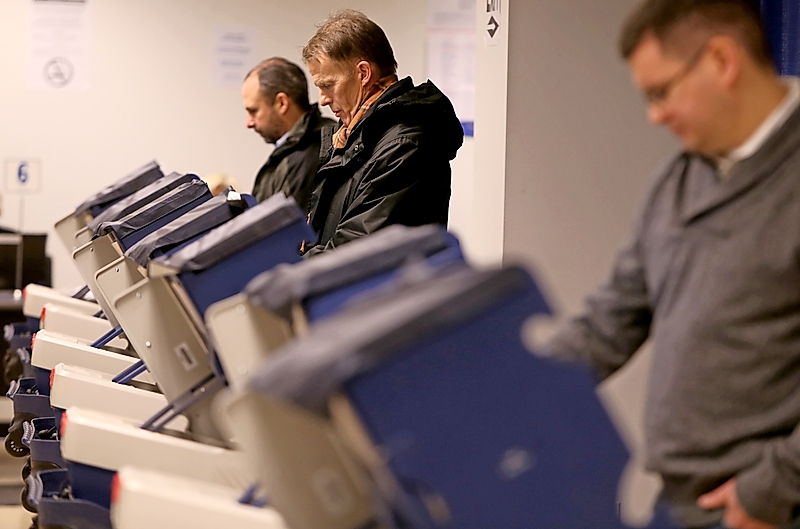The 630 | Cast a Vote
By Hilary Decent
March 2018 View more 630

Critical seats up for re-election in Illinois this month include the governor, state representatives and senators. With so many positions being challenged, it can be confusing for voters, which may be one reason primary elections have lower turnouts.
Joseph Sobecki is the executive director of the DuPage County Election Commission, an independent, bipartisan government entity operating under state and federal election laws to promote accurate, efficient, accessible and secure elections.
“Voters can see full details of all candidates on our website,” he says. “We also offer the opportunity to vote by mail.”
Sobecki says usually just under 20 percent of residents vote in the primary, but this year they are expecting that number to be slightly higher.
Beyond selecting a candidate that voterst believe should be a political party’s representative in the general election, primaries are also used to choose convention delegates and party leaders. These state-level elections take place prior to a general election. In Illinois, an open primary system is utilized, which means voters do not have to register with a party, but they do have to choose, publicly, which party’s ballot they will vote on at the primary election.
“We are focused on counting the ballots. It’s part of cycle policy to nominate the party’s candidate in the general primary,” he says. “It’s important to vote because the ballot also includes questions specific to the district individual voters live in.”
In the Republican primary for State Governor, Bruce Rauner is facing competition from Jeanne Ives, who currently represents the 42nd district, which includes Wheaton, Lisle and Naperville. Democrats have a larger selection, between Daniel Biss, Bob Daiber, Tio Hardiman, Chris Kennedy, Robert Marshall and J.B. Pritzker.
For more information about the candidates and upcoming primary races visit dupageco.org/Election.


